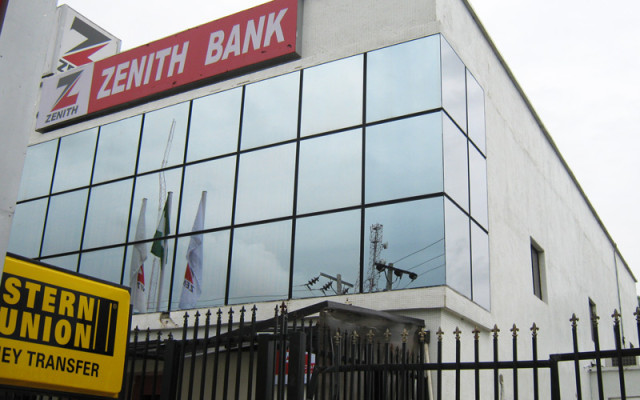 The African Development Bank (AfDB) has, through its Technology for African Agricultural Transformation (TAAT) initiative, provided 40 million dollars as seed money for projects in 27 countries.
The African Development Bank (AfDB) has, through its Technology for African Agricultural Transformation (TAAT) initiative, provided 40 million dollars as seed money for projects in 27 countries.
Dr Adeniyi Adediran, the TAAT Coordinator for Nigeria Livestock Compact, disclosed this at a meeting organised by the International Livestock Research Institute (ILRI) in Ibadan.
“The 40 million dollars is to be shared among 15 sub projects which have nine compacts and six enablers.
“The livestock compact is on poultry and small ruminants which are being undertaken in Ethiopia, Mali and Nigeria,’’ the coordinator said.
Adediran said that the livestock compact sought to transform and use cassava peels as poultry feed ingredients.
He said that the work had different partners in different organisations with the Business Innovation Facility (BIF), a UK AID and DFID-funded poverty alleviation programme being a key collaborator.
Adediran noted that TAAT was a component of the AfDB’s Feed Africa Big 5 Strategy meant to bring synergy by stakeholders in the chosen sectors.
“The AfDB Feed Africa Big 5 strategy has the objectives to light up and power Africa, feed Africa, industrialise Africa, make Africa a net exporter of food, and make Africa technologically compliant.
“Its goals are to ensure that 150 million people are adequately fed; 100 million people are lifted out of poverty and 190 million hectares of land to have their productivity restored.
“TAAT supports the Feed Africa by providing needed and proven agricultural technologies and implementation strategies for inclusion with AfDB’s loans to regional member-countries.
According to the coordinator, the three-fold objectives of TAAT are to raise agricultural production, facilitate effective delivery of technologies to farmers and create an enabling environment for technology adoption by farmers.
The ILRI Country Representative, Dr Tunde Amole, said at the meeting that the major focus in South West Nigeria under TAAT is to promote High Quality Cassava Peels (HQCP) mash for the livestock industry.
He said that HQCP could be fortified and used to feed livestock especially poultry and pigs.
“Drying of peels is the biggest constraint in cassava processing.
“In South West Nigeria, drying of cassava peels is done on bare floor for a three-day period in the dry season. In rainy season, drying takes weeks and is not properly done.
“The larger volume of peeling is done by hand by rural women who are paid just five naira per basket of cassava peeled.
“There have been unsuccessful attempts to eliminate cassava peels through natural decomposition and burning, instead of having heaps of dried cassava peels,’’ the ILRI official said.
Amole disclosed that there was a new technology for processing cassava peels.
He said that, apart from the new technology, the technology for processing cassava grits known as `garri’ could be used for the peels.
“It costs about N900, 000 to buy all the equipment for processing cassava peels to edible fine powder for livestock feeds, and the product’s low protein content can be resolved by addition of protein sources such as soya bean meal and full fat soya.
“The HQCP mash is competitive and will readily replace maize which is imported.
“Even if the price of maize falls by 30 per cent and the HQCP production cost increases by 20 per cent, it is still economical to use.
“Nigeria must learn to use what it has and reduce dependence on imported products,’’ Amole advised (NAN)






